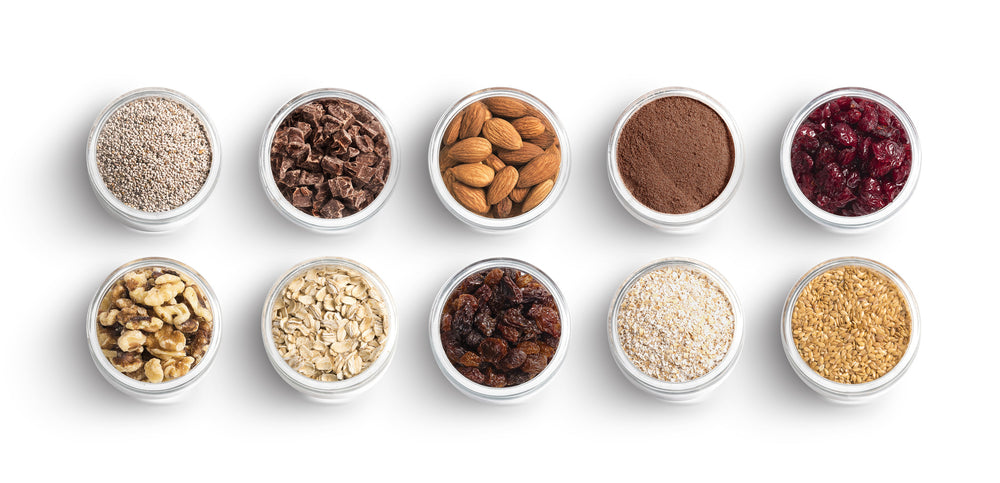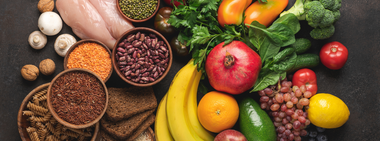Food confirmed to be as good as medications in the fight against cardiovascular disease.

It turns out that lowering your cholesterol with food is just as powerful as statin drugs at lowering your cardiovascular risk. That means food is just as effective as medications at helping you live a longer, healthier life.
First, a look at the current treatment protocol.
Current cholesterol treatment guidelines call for widespread use of statins because of their ability to not only lower cholesterol but to lower overall cardiovascular risk. Those guidelines, established three years ago by the American Heart Association and the American College of Cardiology, elevated statins as the preferred treatment and relegated dietary changes to the sidelines.
Why? Based on selected data, researchers concluded cholesterol reduction with non-statin approaches — like food — did not appear to yield the same reduction in cardiovascular risk as statin drugs.
After all, medical care isn’t supposed to be just about improving people’s numbers, it’s supposed to be about helping them live longer and better.
In practice, this conclusion pushed common sense aside and resulted in recommendations to put patients on maximum tolerated doses of statin medications regardless of their cholesterol levels. And — to not even bother checking cholesterol numbers after starting statin drugs.
These recommendations were controversial and had renowned physicians like cardiologist Rita Redberg expressing their outrage in editorials like this one in the New York Times.
But now the latest examination of that research suggests the relegation of dietary therapy to second class status was wrong.
A new analysis performed by leading experts in the field, looking at a wide spectrum of published data, concluded that cardiovascular risk is reduced proportionately as cholesterol levels decline and it doesn’t matter how you get there. So a 38 point drop in LDL — from statins or food — is associated with a 23%-25% reduction in the risk of cardiovascular events. Period.
So statins, the therapy of choice for three years, may not be the be all and end all of treatment. And measuring cholesterol levels as part of treatment monitoring might actually be important in figuring out how significantly risk has been impacted.
Most importantly, this means that reducing your LDL by changing diet is just as good as reducing it by taking pills. A food-first approach is a valid approach to treating high cholesterol and lowering your cardiovascular risk.
And didn’t common sense tell us this was right the whole time?
__________________________________________
Reference: http://jama.jamanetwork.com/article.aspx?articleid=2556125#ArticleInformation

Tested & Proven Results.
- Cardiologist formulated
- Supported by over 500 publications
- Clinically-proven, in a double-blind randomized trial with Mayo Clinic and The University of Manitoba
80% of participants lowered their cholesterol in just 30 days. With just two servings per day, Step One Foods offers a proven-effective way to naturally lower LDL (bad) cholesterol.
Get heart health tips and articles like this, delivered right to your email.
New articles every week.
You may also like...

Insulin Resistance, Prediabetes and Type 2 Diabetes. Part 4: Un-Doing It.

You don’t need to avoid foods with cholesterol…except for these



